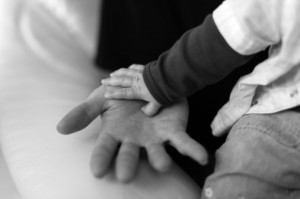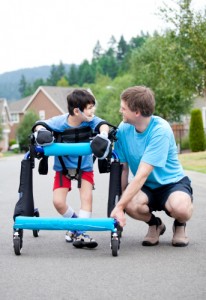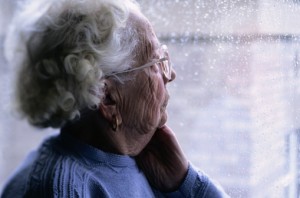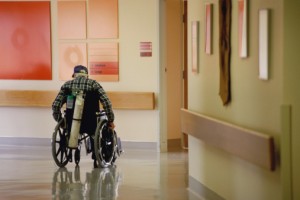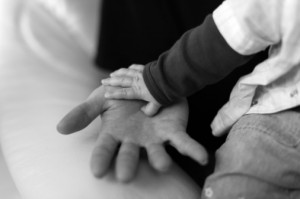Modern medicine has changed dramatically in the last hundred years. What was seen as untreatable even a few decades ago is now managed with relative ease. Despite these improvements in health care, some conditions—such as Klumpke’s Palsy—continue to provide challenges to doctors and nurses. Individuals who have been diagnosed with this condition or are concerned about its development may want to have a basic understanding of the disease itself, its symptoms, causes, and prognosis. Working with a health care team experienced in the management of Klumpke’s Palsy is important for those who want to achieve optimal results in the treatment of the condition.
What is Klumpke’s Palsy?
As with all conditions, obtaining some knowledge about the basics of Klumpke’s Palsy is important for those living with the disease. Traditionally, Klumpke’s Palsy is defined as a condition characterized by the complete or partial muscle paralysis of the lower roots of the brachial plexus. Specifically, Klumpke’s Palsy has been found to affect the C7 and T1 branches of the brachial plexus, though other roots may also be involved. This palsy results in weakness in the fingers and hands, and loss of use of various fine muscles in the region.
Symptoms of Klumpke’s Palsy
As mentioned above, individuals who have been diagnosed with Klumpke’s Palsy often experience weakness in their fingers and hands. In more advanced cases, complete paralysis can occur, leading to the development of a “claw hand.” Ulnar nerve numbness is another common symptom of Klumpke’s Palsy, and can be very disruptive to individuals living with the disease. The loss of nerve sensation associated with Klumpke’s Palsy can sometimes lead to serious burns, lacerations, or other physical ailments, as the sensation of pain is no longer present.
Causes of Klumpke’s Palsy
There are a number of different factors believed to be behind the development of Klumpke’s Palsy. According to Erbs Palsy, babies that are large for gestational age may be at the greatest risk for the development of this condition. Similarly, mothers who have been diagnosed with gestational diabetes, have had a history of caesarean sections, or are themselves quite small-boned may be more likely to deliver a baby with Klumpke’s Palsy. Finally, mothers that have gained a substantial amount of weight during their pregnancy, are of an advanced age, or suffer from an extended pregnancy may give birth to a baby with Klumpke’s Palsy.
Prognosis for Klumpke’s Palsy
So what, exactly, is the prognosis for Klumpke’s Palsy? Can babies who are born with this condition expect to see a resolution in their condition? Unfortunately, there is currently no “tried and true” treatment for those who have been born with this serious health condition. Most experts recommend early immobilization, followed by a regimented program of physical or occupational therapy to manage the symptoms of Klumpke’s Palsy. In the more severe cases of the condition, certain types of surgery—such as those which promote nerve stimulation—may be recommended by experienced health care providers.
Salvi, Schostok & Pritchard P.C. is a personal injury law firm located in Chicago, Illinois. For more information, please visit us at www.salvilaw.com.



